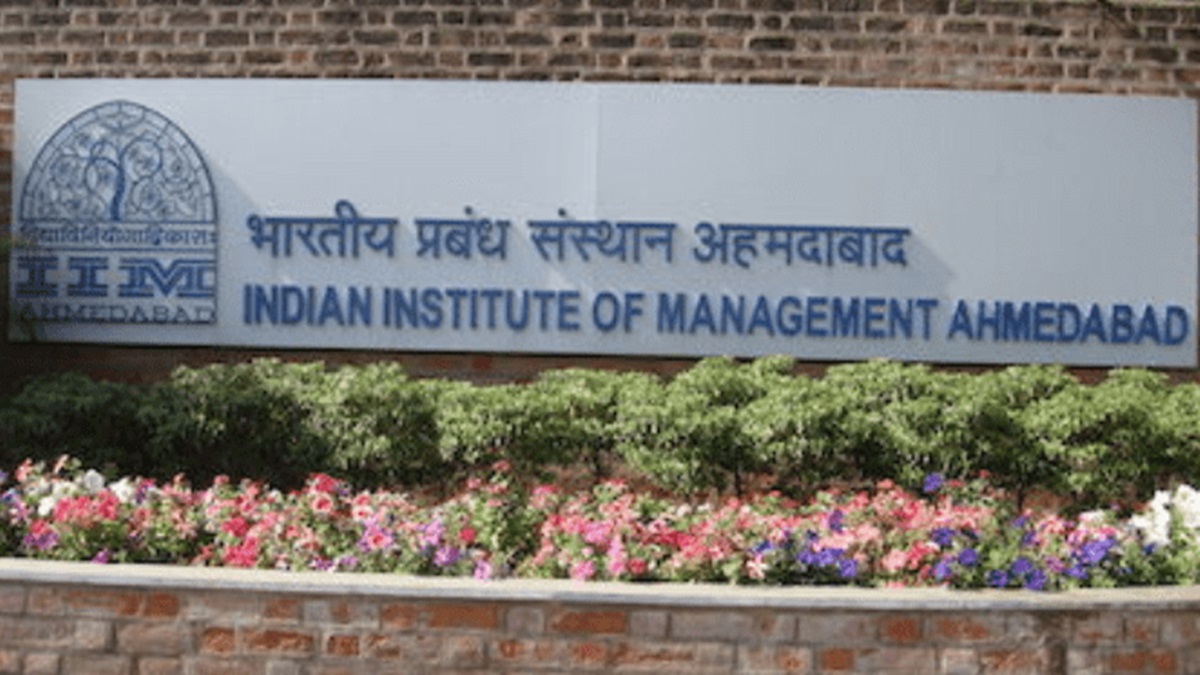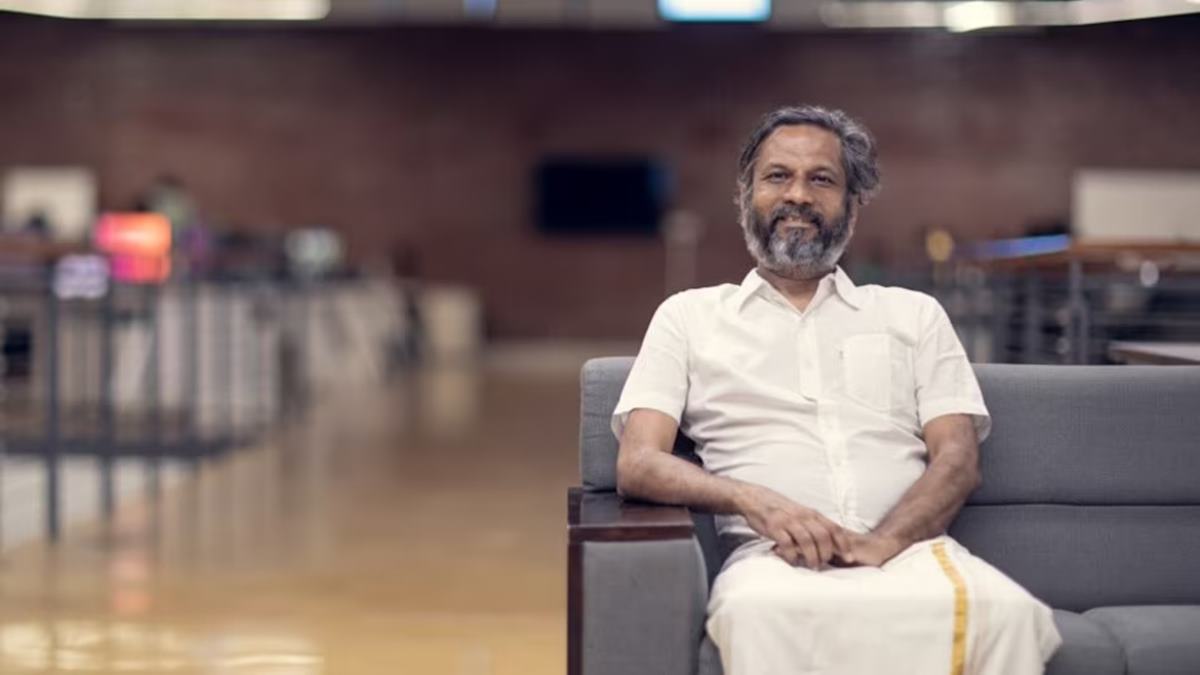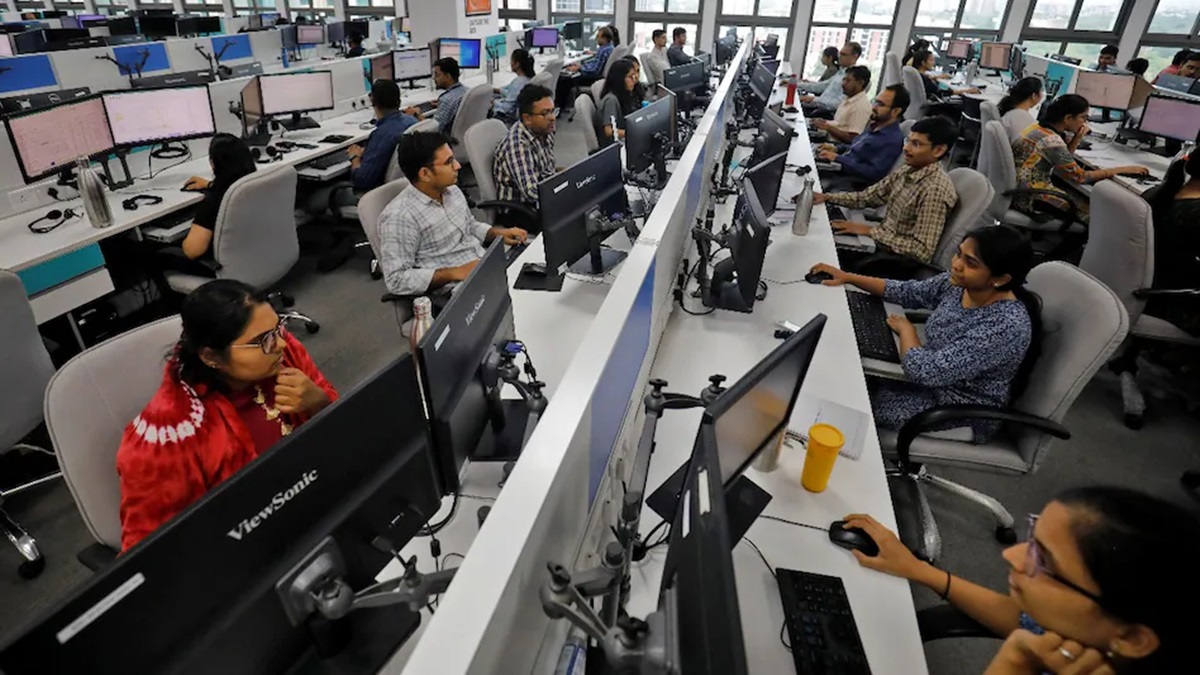Tej Pandya, Founder of Groweasy.ai, has drawn a sharp historical parallel between India’s once-flourishing textile sector and the current state of its IT industry, warning that complacency could cost the country its technological leadership.
In a LinkedIn post that has sparked debate among industry professionals, Pandya wrote: “Textiles once made India rich. Then we lost it all. IT could be next.”
From Muslin to missed opportunities
Pandya recalled how in the 18th century, India’s textiles — especially muslin — accounted for nearly 25% of global trade, with fabrics exported across Europe. But by the 20th century, India had slipped to being largely a raw cotton supplier, while countries like Britain, and later Italy, created global textile brands.
“Bangladesh exports more garments than us today. That’s not history. That’s a warning,” Pandya cautioned, pointing out how India failed to adapt during the shift from handlooms to machines, from commodities to brands.
A warning for IT
Drawing a striking analogy, Pandya suggested that the Indian IT sector could meet the same fate if it remains over-dependent on low-cost outsourcing. “If we keep selling cheap outsourcing, AI will eat our lunch,” he said.
Instead, he stressed the need for India to climb the value chain by building products, platforms, and globally trusted brands, rather than remaining a backend service hub.
Lessons from textiles
Pandya highlighted three reasons why Indian textiles lost their global dominance:
- Failure to move up the value chain
- Lack of global branding
- Late adoption of technology
He noted that while “Made in Italy” continues to symbolise luxury in fashion, India’s tech industry must work toward making “Made in India” synonymous with innovation and trust.
The way forward
Pandya’s warning comes at a time when artificial intelligence and automation are rapidly reshaping global IT services. With traditional outsourcing under pressure, analysts say his call for product innovation resonates strongly. “Textiles missed the bus. IT can’t afford to,” Pandya concluded.




















